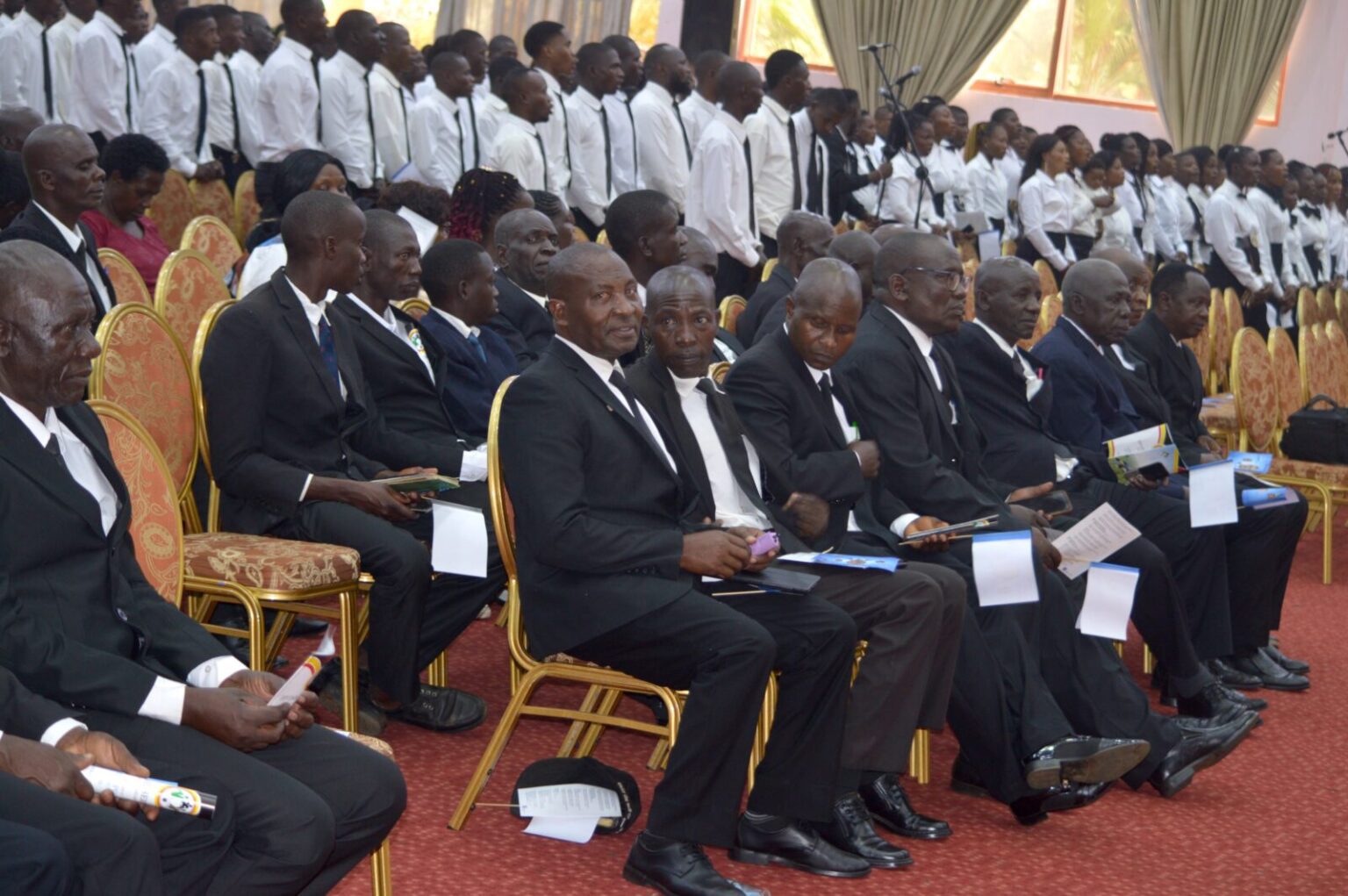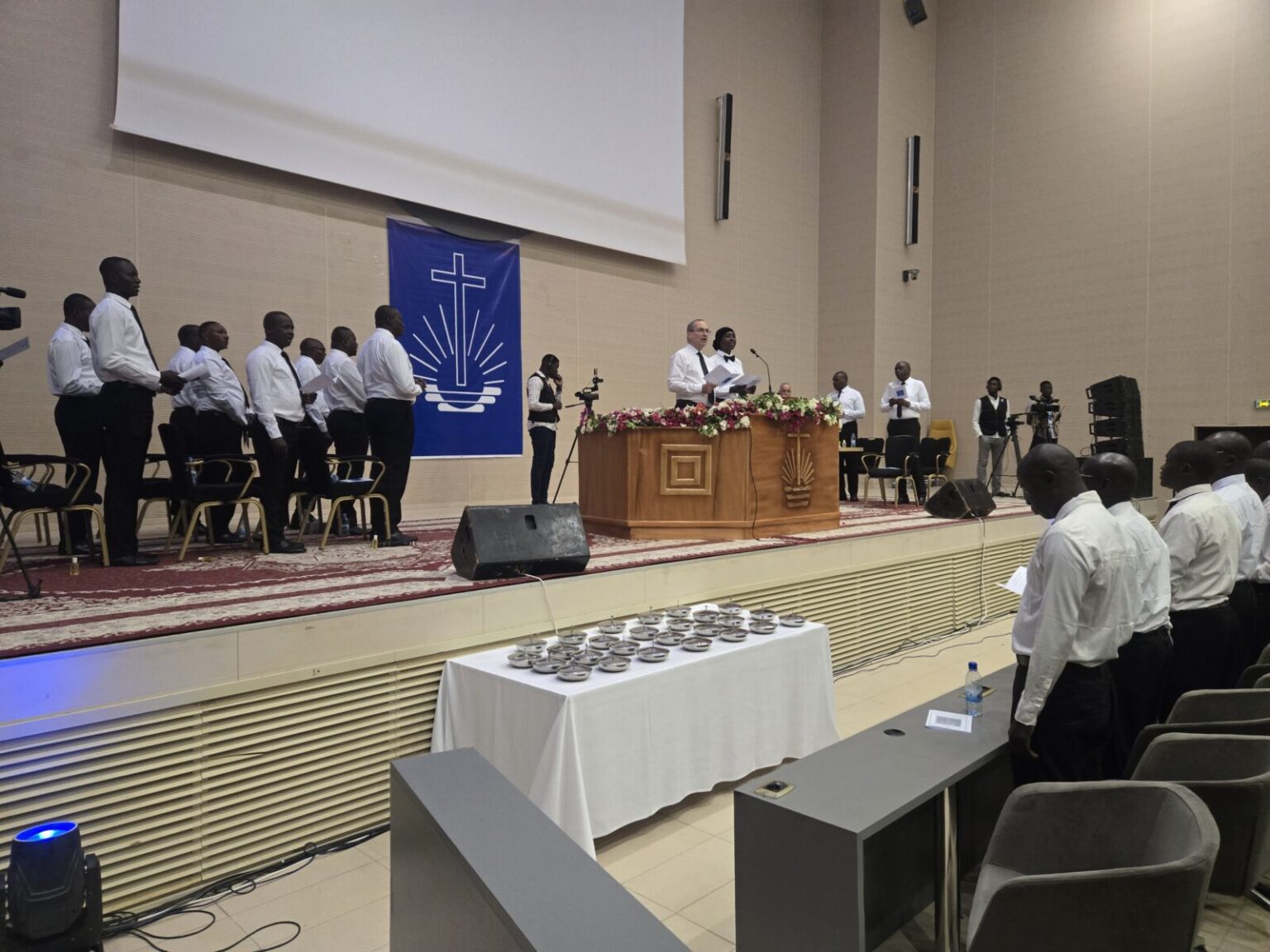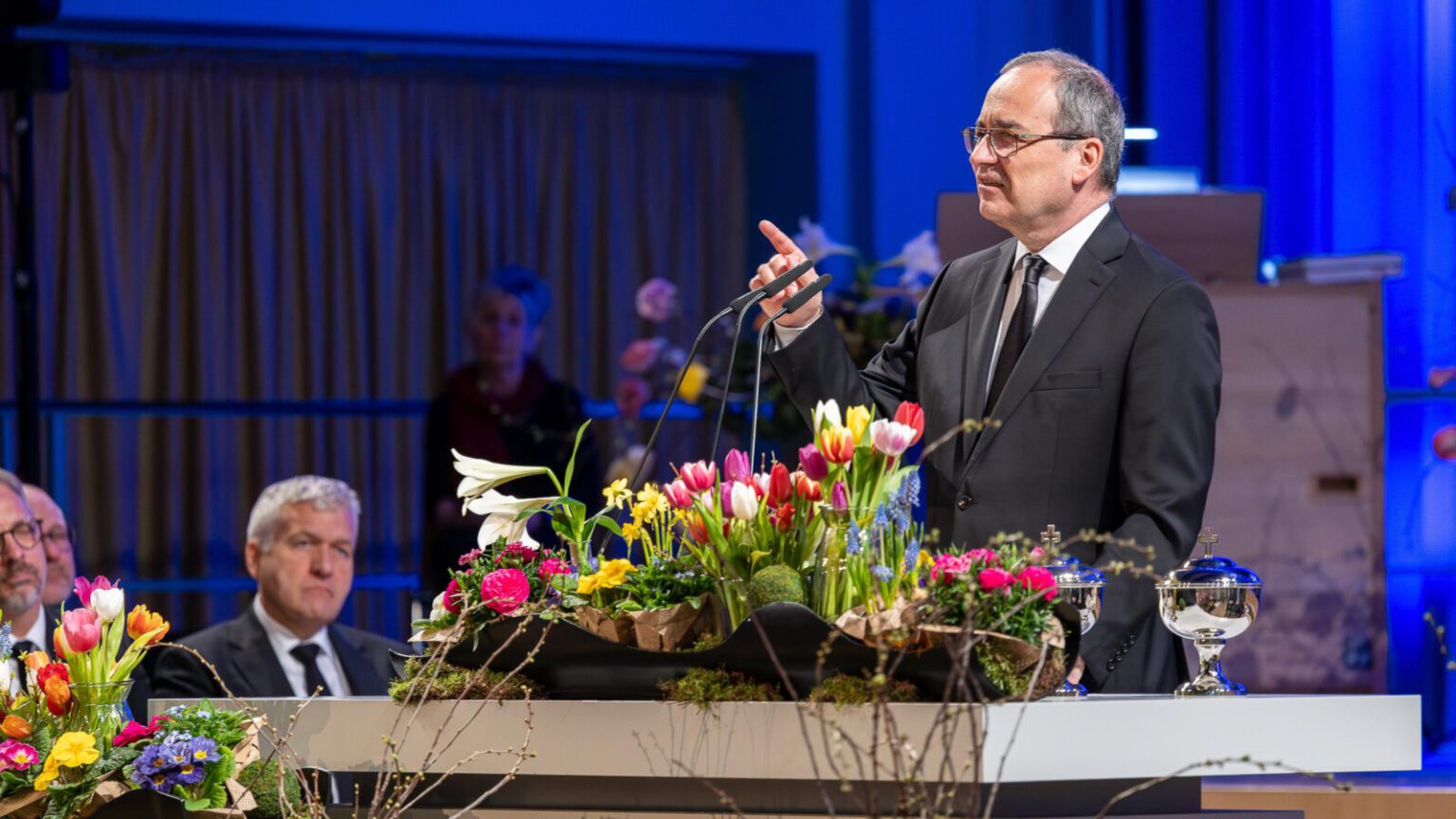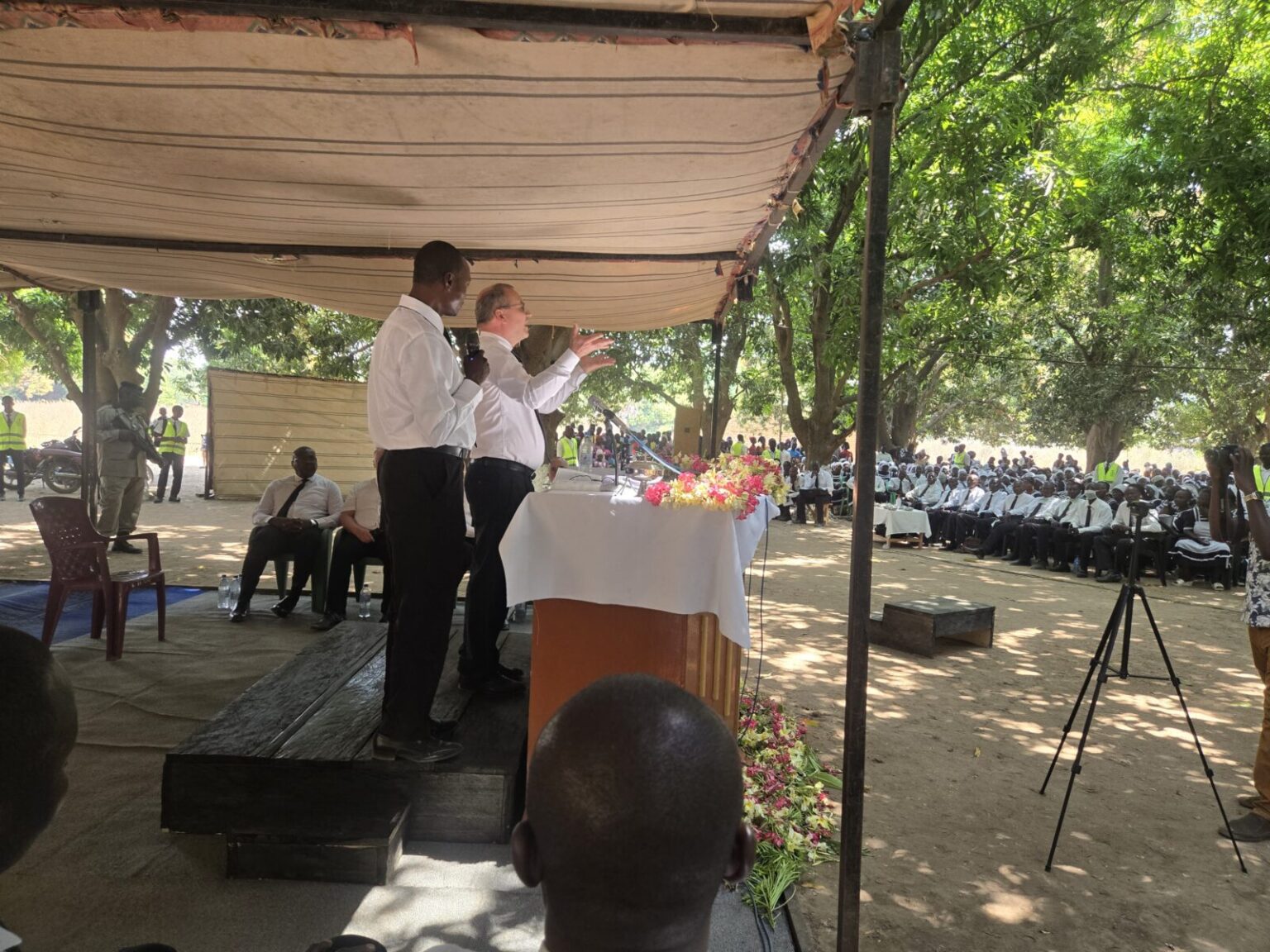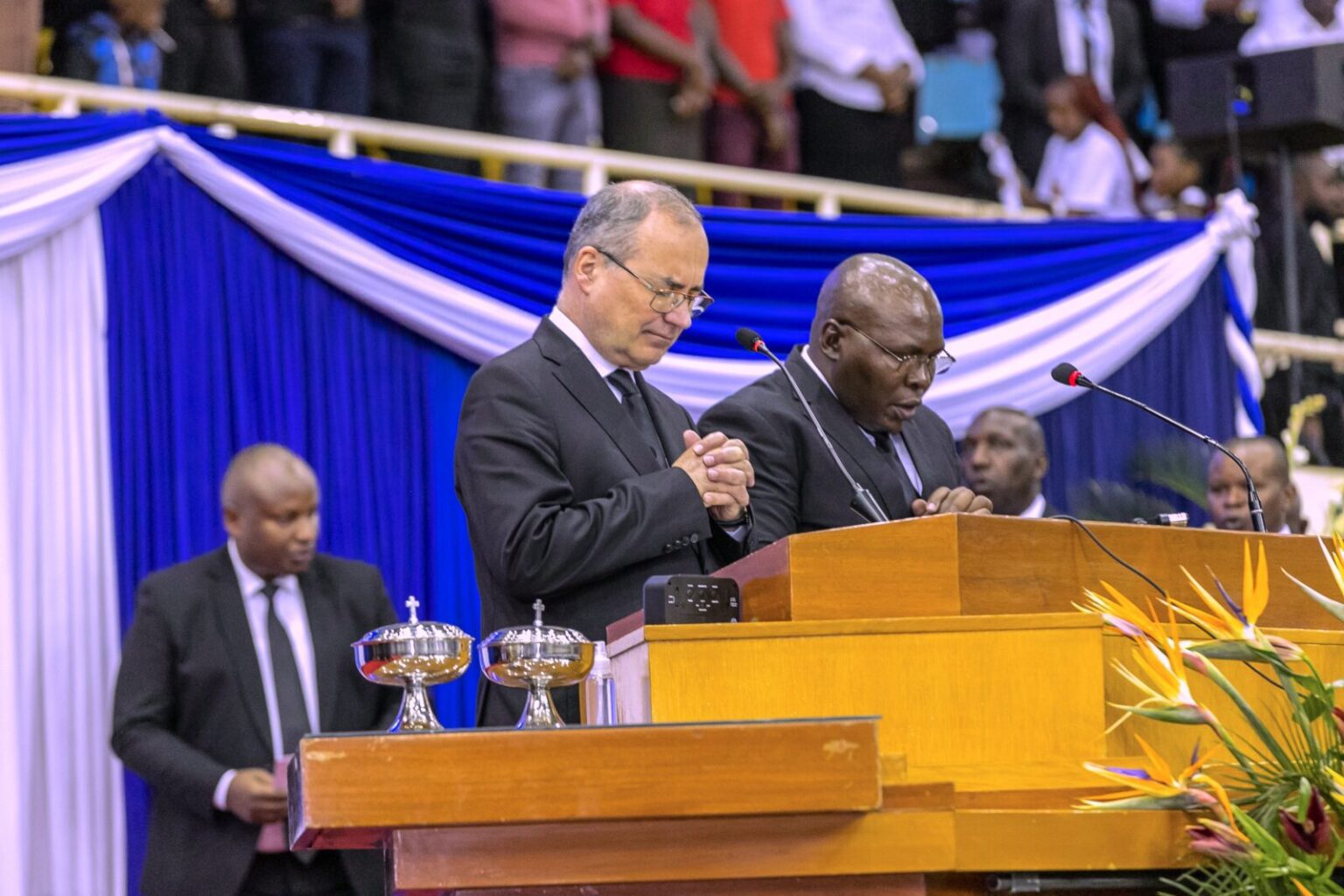

Whatever happened to the “last soul”? Why do we not hear about this concept any more? Chief Apostle Jean-Luc Schneider gives three good reasons. And these have a lot to do with our perspective on the return of Christ.
“Once the last soul is sealed, the Lord will come.” The Chief Apostle referred to this statement—one that was often made in the past—at the beginning of the divine service on 12 March 2017 in Saskatoon in Canada. “This is something we no longer say in this way today,” he added, citing three reasons.
More than a fixed number
The idea of the last soul to be sealed goes back to the biblical number 144,000. According to this, only this fixed number of elect would be saved. All the others would have to remain on earth and live through great tribulation.
“In the meantime we know that the number of those who are elected to be part of the bride of Christ is not fixed,” he said. “It is not something we can count.” And if an entity is not restricted, then the idea of wanting to find the last element is superfluous.
Sealing is only the beginning
In addition: “Holy Sealing is not the end, but the beginning,” he said, warning of the danger of the idea of a last soul. “Being sealed is not enough to enter into the kingdom of God. It is only the beginning of a development.”
“Then we must be sanctified and prepare ourselves for the return of Christ,” the Chief Apostle continued. “And we know, at least I know from experience: that means work.” If we were to use this idea at all it should be: “When the last soul is prepared …”
Love for the neighbour instead of selfishness
However, Chief Apostle Schneider admits that the main reason is: “Was this thought not a little selfish?” After all, we wanted to find the last soul in order that we ourselves would be saved. That was our motivation, and that is just a little bit selfish.”
“Today we believe that our motivation should be a little bit different,” he noted. “Out of love we want others to receive exactly the same that we have. We want to share salvation with them.”
“We do not want the Lord to come because we fear the future. We want the Lord to come because we love Him,” he said in conclusion. “And then we want our neighbour to receive exactly the same thing we receive. That is the motivation of the bride of Christ. I am sure that this is an important part of our preparation.”
Photo: tadamichi – Fotolia






